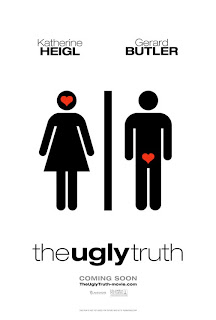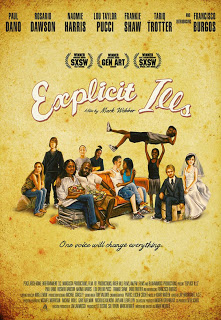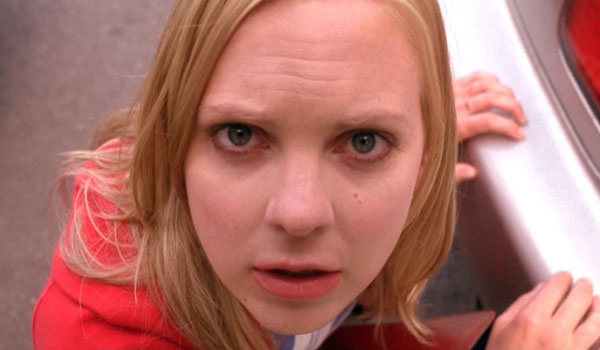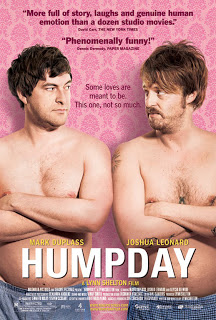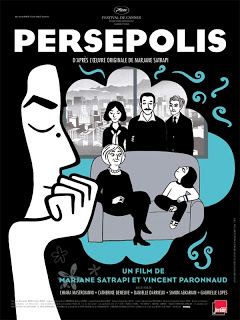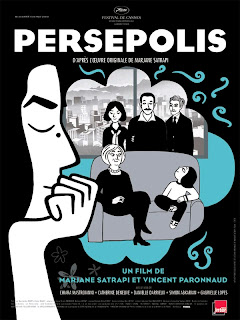
Despite a “rotten” rating of 16%, The Ugly Truth raked in another $7 million at the box office this past weekend (to compare, the by-all-accounts stellar Julie & Julia brought in just over $20 million), remaining in the top 10 two weeks after its release. The real ugly truth is that this kind of tripe continues to sell.
In our last Roundup, we collected discussions of a film that was controversial due, in part, to its played-for-laughs date rape. In this one, we have a romantic comedy, sold to women and packaged as a date movie/chick-flick, that rests on the age-old premise that women love with their minds, and men love with their dicks. Oh, and that successful career women need to be taken down a notch or two–preferably by a lowest-common-denominator-type buffoon–in order to be happy.
Is this just another crappy Rom-Com? Or is it something more? What about the fact that it was written and produced by women?
Here are some things other people are saying:
- Trite and utterly predictable? Ain’t that the ‘Ugly Truth’ by Claudia Puig in USA Today
- The fab Sady Doyle posits, simply, that “women are underrepresented in the film industry, they’re under special pressure to prove that they can do well by making things that are marketable, and because misogyny is nothing if not marketable (all hail the lowest common denominator), women will make misogynist movies”
- “‘The Ugly Truth’ wants to have it both ways, reveling in a misogyny it claims to deplore,” claims Joanne Kaufman in her brief review in The Wall Street Journal Online
- Winning the award for best-titled review, MaryAnn Johanson writes “Twenty years ago, Meg Ryan’s Sally was faking an orgasm in a restaurant as a demonstration of her own sexual power. Today, Heigl must be humiliated in a scene that’s the flip side of that classic one by having control over her own body wrested away… for her own good, you understand.” in ‘The Pig and The Prig.’
- Stephanie Zacherak of Salon points to, among other things, supporting female characters who “offer commentary on how sad and underappreciated their vaginas are, or clutch their own breasts and lament how long it’s been since they’ve been touched by a man.”
- Women’s Glib might give Katherine Heigl a little too much credit, calling her a “part-time feminist,” but they do remind us that this kind of movie ought to be seen as just as offensive to men as it is to women.
- The Philadelphia Inquirer’s Carrie Rickey hopes “that this unfunny comedy doesn’t set both sexes back by 50 years” in her review.
And, in the What Were They Thinking? department:
In a shockingly unaware moment, Ruth McCann exemplifies what’s wrong with post-feminism: “But when Mike advises Abby to be ‘the saint and the sinner, the librarian and the stripper,’ how can the hardened, rom-com-hating Thinking Woman not bark a gruff and hearty ‘Ha!’?”
Um, really?
Leave your links & thoughts in the comments section.
